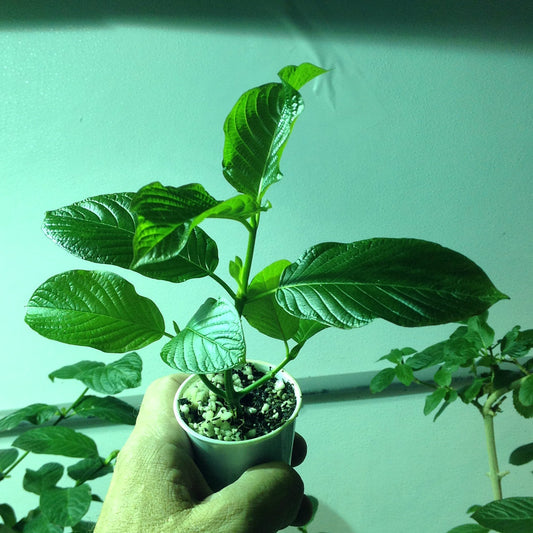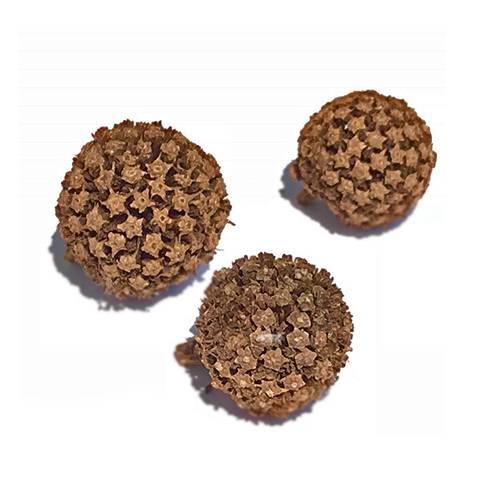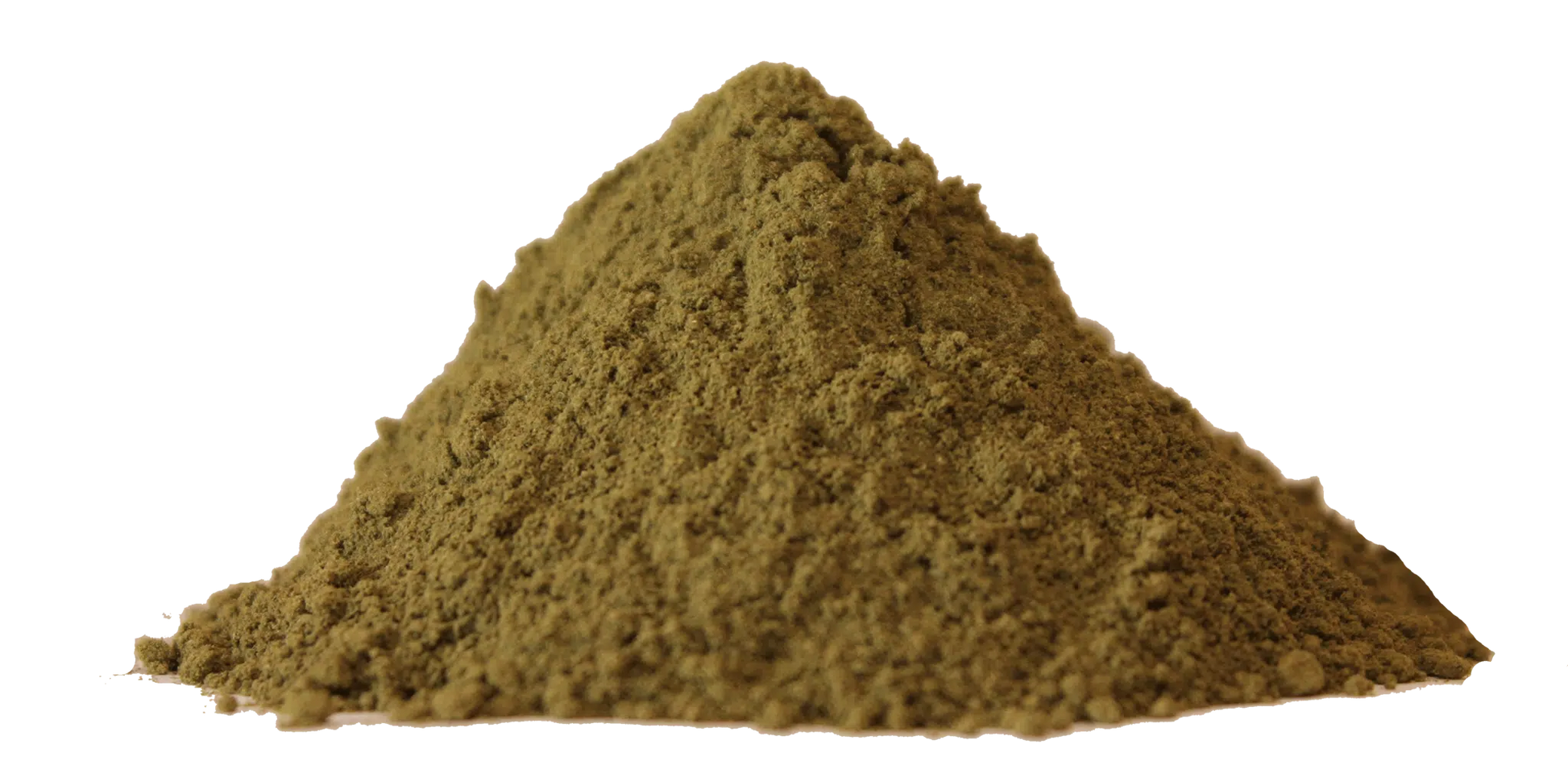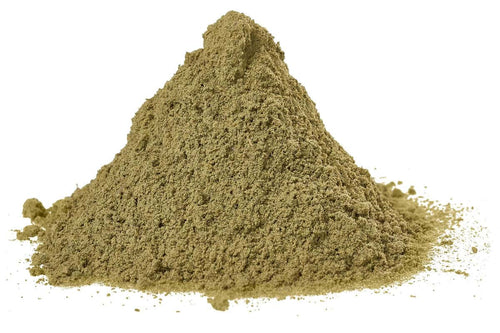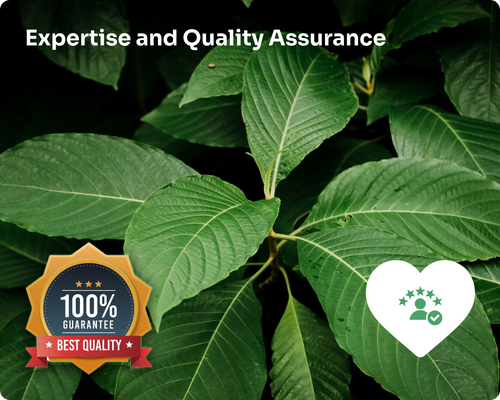Key Takeaways:
- Ethical sourcing ensures sustainable and responsible kratom production
- Transparency in the supply chain is crucial for consumer trust
- Quality control and testing are essential for product safety
- Fair labor practices support local communities in kratom-producing regions
- Environmentally conscious cultivation methods preserve natural resources
- Buyers play a vital role in promoting ethical kratom sourcing through informed choices
1. Understanding Ethical Sourcing in the Kratom Industry
Ethical sourcing in the kratom industry means making sure kratom is grown, harvested, and processed in ways that are good for the environment, workers, and communities. This includes using sustainable farming methods, protecting soil and water, and not using harmful chemicals. It's important for buyers because it affects the quality, safety, and long-term availability of kratom products.
When kratom is ethically sourced, it's usually better quality because more care is taken at every step. It also helps make sure kratom will be available in the future by protecting the plants and the people who grow them. Exploring ethically sourced bulk kratom options lets buyers support good practices and get better products. By choosing ethically sourced kratom, you're helping make the industry better for everyone involved.
2. The Importance of Transparency in Kratom Supply Chains
Transparency in the kratom supply chain means being open and honest about how kratom is made and sold. It lets buyers see where their kratom comes from, how it's grown and processed, and how workers are treated. This openness helps buyers trust the products they're getting and make choices based on what's important to them.
For example, Green Bali Kratom that's sourced transparently might tell you exactly where in Bali it was grown, how it was harvested, and what tests it went through. This kind of information helps buyers feel confident about what they're buying and encourages companies to keep improving how they make and sell kratom.
3. Sustainable Cultivation Practices in Kratom Production
Sustainable cultivation practices in kratom production are ways of growing kratom that don't harm the environment and can continue for a long time. These practices include things like planting kratom trees with other plants to keep the soil healthy, using natural fertilizers instead of chemicals, and saving water. They also involve picking leaves carefully so the trees can keep growing.
If you're curious about how kratom is grown, you might be interested in live kratom trees or kratom seeds. These can help you understand how kratom plants grow and what they need. By supporting sustainable growing practices, buyers help protect the places where kratom grows naturally and make sure we can have kratom in the future.
4. Fair Labor Practices in Kratom Harvesting and Processing
Fair labor practices in kratom harvesting and processing mean treating workers well and with respect. This includes giving them safe places to work, fair pay, enough rest, and the right equipment. It also means not using child labor, treating everyone equally, and letting workers join groups to speak up for their rights.
When buyers choose kratom products that follow fair labor practices, they're helping the people who grow and make kratom have better lives. Products like Green Borneo Kratom from places that treat workers fairly are not only good quality but also show that the company cares about doing the right thing. Supporting fair labor helps kratom-growing communities grow stronger and often leads to better kratom because happy workers take more pride in their work.
5. Quality Control and Testing in Ethical Kratom Sourcing
Quality control and testing in ethical kratom sourcing are about making sure kratom is safe and works well. This involves checking the kratom at every step, from the leaves to the final product. Scientists use special tools to measure what's in the kratom and look for anything that shouldn't be there, like harmful bacteria or mold.
For buyers, this means they can trust that the kratom they're getting is safe and good quality. For example, bulk kratom extract that's been carefully tested will tell you exactly what's in it and how strong it is. By choosing products that go through lots of testing, buyers help make sure all kratom products become safer and more reliable for everyone.
6. Environmental Considerations in Kratom Production
Environmental considerations in kratom production are about growing kratom in ways that don't harm nature. This includes planting kratom with other trees to keep the soil healthy, saving water, and dealing with waste properly. These practices help protect the places where kratom grows naturally.
When buyers choose kratom that's grown with care for the environment, they're helping to keep nature healthy. Products like Green Maeng Da Kratom from eco-friendly farms not only give you good kratom but also show that the company cares about the planet. By picking kratom grown this way, buyers help keep the special places where kratom comes from safe and make sure we can have kratom in the future.
7. The Role of Third-Party Certifications in Ethical Kratom Sourcing
Third-party certifications in ethical kratom sourcing are like gold stars given by independent groups. These groups check if kratom companies are doing things the right way, like treating workers fairly, protecting the environment, and making sure their kratom is safe and good quality. They look at how the kratom is grown, made, and sold to make sure everything meets high standards.
For buyers, these certifications help them know which kratom products they can trust. Products like bulk kratom gummies with good certifications show that the company cares about doing things right. By choosing certified kratom products, buyers encourage more companies to follow good practices, which makes the whole kratom industry better and safer for everyone.
8. Traceability in the Kratom Supply Chain
Traceability in the kratom supply chain means being able to track where kratom comes from and how it gets to you. It's like following a map that shows every step of the kratom's journey, from the farm to your hands. Companies use special technology to keep track of everything that happens to the kratom along the way.
For buyers, traceability means they can know exactly where their kratom came from and how it was made. Products like Red Bali Kratom with good traceability can tell you which farm grew it, how it was picked, and how it was tested. This helps buyers trust what they're getting and makes it easier to solve any problems if they come up. By choosing kratom with good traceability, buyers help make the whole kratom market more open and safe.
9. Supporting Local Communities Through Ethical Kratom Sourcing
Supporting local communities through ethical kratom sourcing means helping the people who live where kratom grows. This can include building schools and hospitals, teaching new skills, and protecting the environment. Ethical kratom companies work with local groups to find out what the community needs and help make those things happen.
When buyers choose kratom from companies that support local communities, they're helping make life better for the people who grow kratom. Products like Red Borneo Kratom from these companies not only give you good kratom but also help build stronger communities. This often leads to better kratom because happy, healthy communities can take better care of their kratom plants and produce higher quality products.
10. The Impact of Ethical Sourcing on Kratom Quality
Ethical sourcing has a big effect on how good kratom is. When kratom is grown and made in a way that's good for the environment and the people who work with it, it often turns out better. This is because ethical sourcing means taking care of the kratom plants, the soil they grow in, and the people who grow them. When everyone and everything involved is treated well, the result is usually higher quality kratom.
For buyers, this means that choosing ethically sourced kratom can lead to better products. Things like kratom extract gummies made from ethically sourced kratom are more likely to be pure, strong, and consistent. By picking these products, buyers not only get better kratom but also help support practices that are good for people and the planet.
11. Navigating Legal and Regulatory Considerations in Ethical Kratom Sourcing
Navigating legal and regulatory considerations in ethical kratom sourcing means following all the rules about growing, making, and selling kratom. Ethical kratom companies need to know and follow laws in different countries and states. They also often do more than what the law requires to make sure their kratom is safe and good quality.
For buyers, it's important to know about these rules too. Exploring Mitragyna speciosa products from trustworthy sources helps make sure you're getting kratom that follows all the right rules. Good kratom companies will tell you about how they follow the laws and show proof that their kratom has been tested. By choosing kratom from these companies, buyers help make the kratom industry more respected and ensure that kratom stays available for people who want to use it.
12. The Future of Ethical Kratom Sourcing: Trends and Innovations
The future of ethical kratom sourcing looks exciting with new ideas and technologies. Companies are using things like blockchain to track kratom better, and scientists are studying kratom plants to make them stronger and healthier. There's also more focus on growing kratom in ways that actually make the environment better, not just avoid harming it.
For buyers who want to stay up-to-date, exploring powdered leaves collections from forward-thinking companies can show how the kratom industry is getting better. In the future, we might see new ways to test kratom, methods to grow it without hurting the climate, and rules that everyone in the industry follows to make sure kratom is ethically sourced. By supporting companies that are trying these new things, buyers can help shape a better future for kratom.
Conclusion
Ethical sourcing in the kratom supply chain means doing things the right way from start to finish. It's about taking care of the environment, treating workers fairly, supporting communities, and making sure kratom is safe and good quality. This approach helps everyone involved, from the farmers who grow kratom to the people who use it.
For buyers, understanding and supporting ethical sourcing is really important. When you choose kratom from companies that care about doing things ethically, you're not just getting better kratom. You're also helping make life better for the people who grow it and protecting the places where it comes from. As the kratom industry keeps changing and improving, ethical sourcing will become even more important. It's up to everyone - the people who make kratom, the people who buy it, and the people who make the rules - to work together to keep kratom safe, available, and beneficial for a long time to come.






